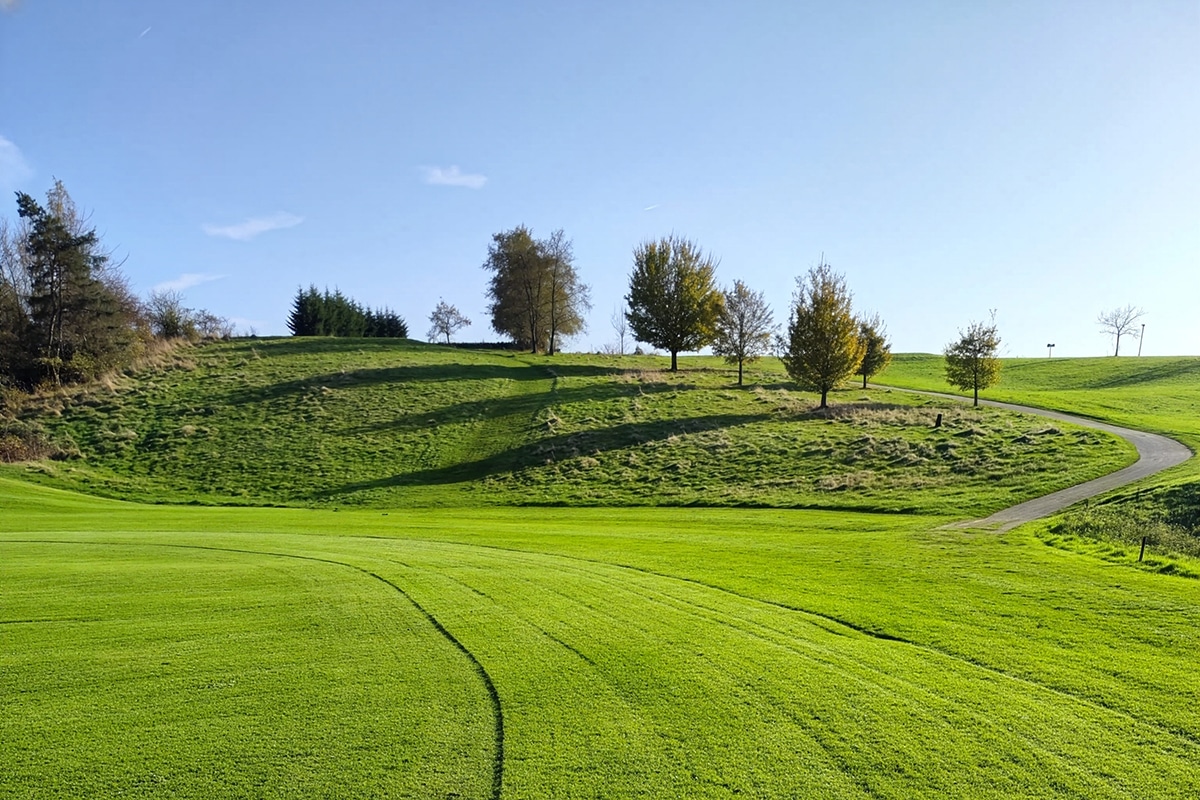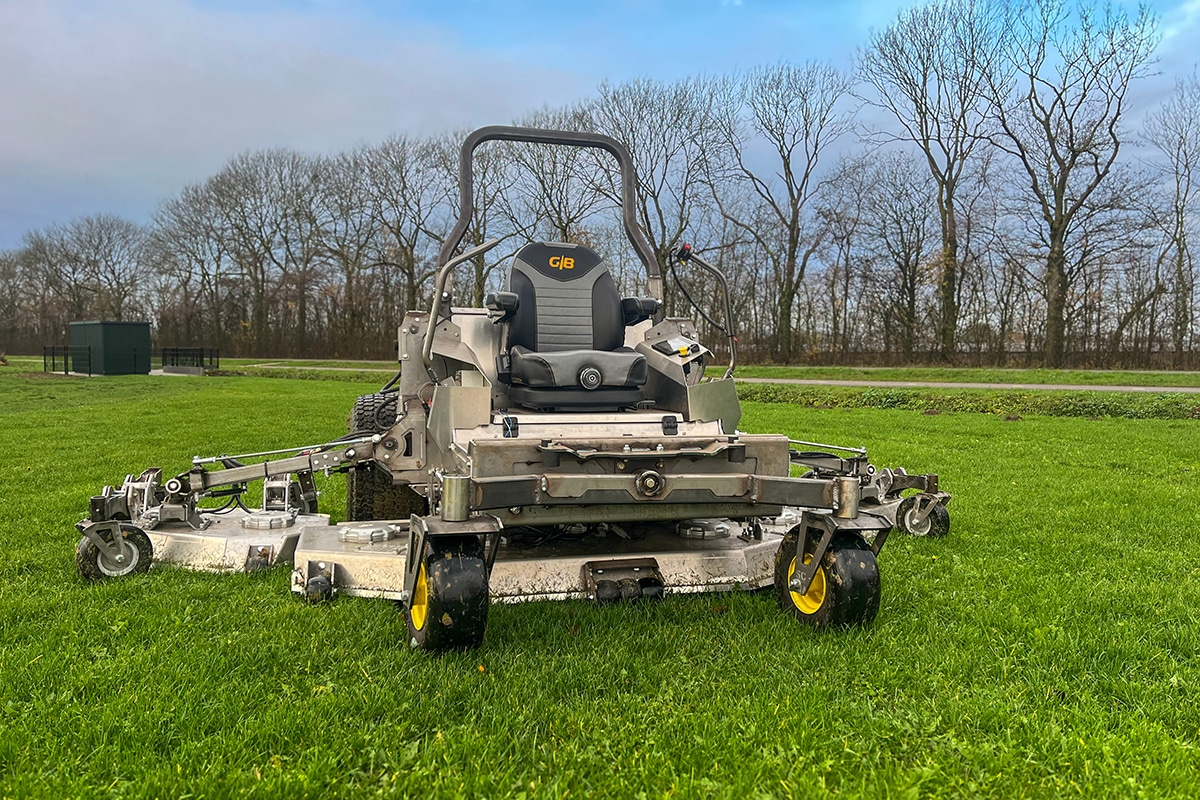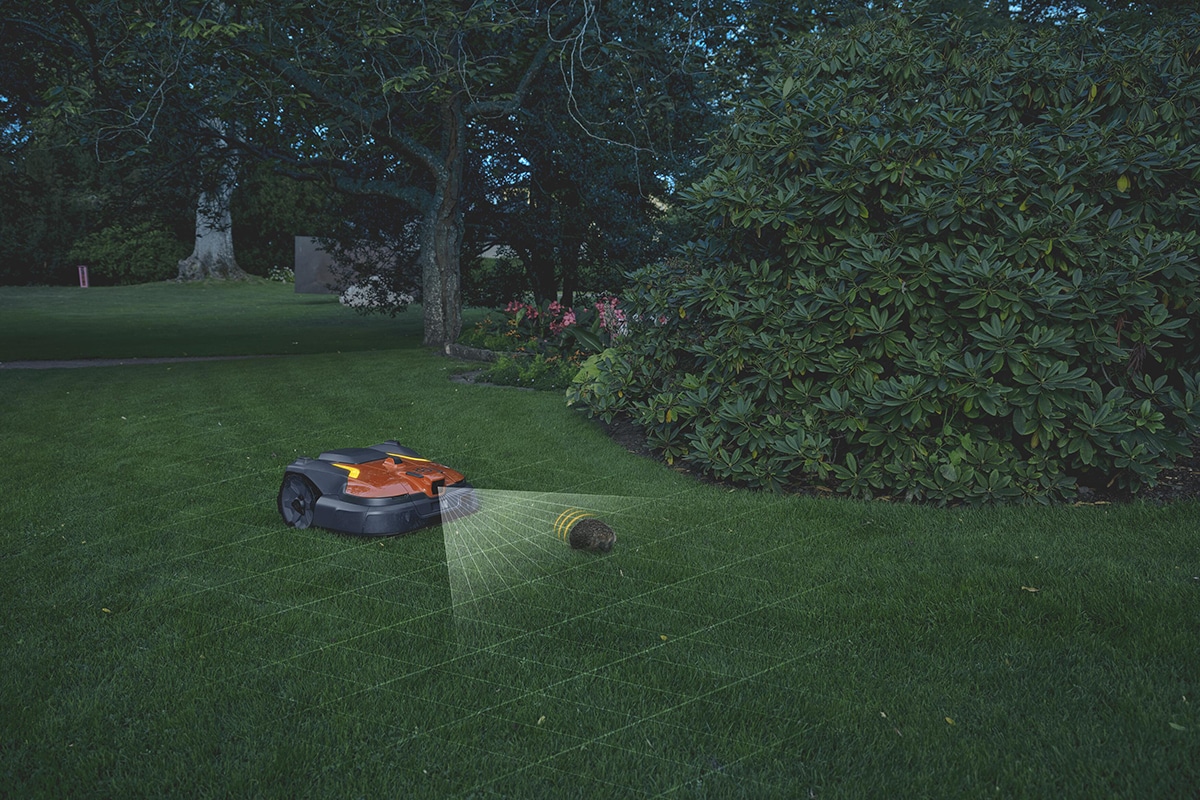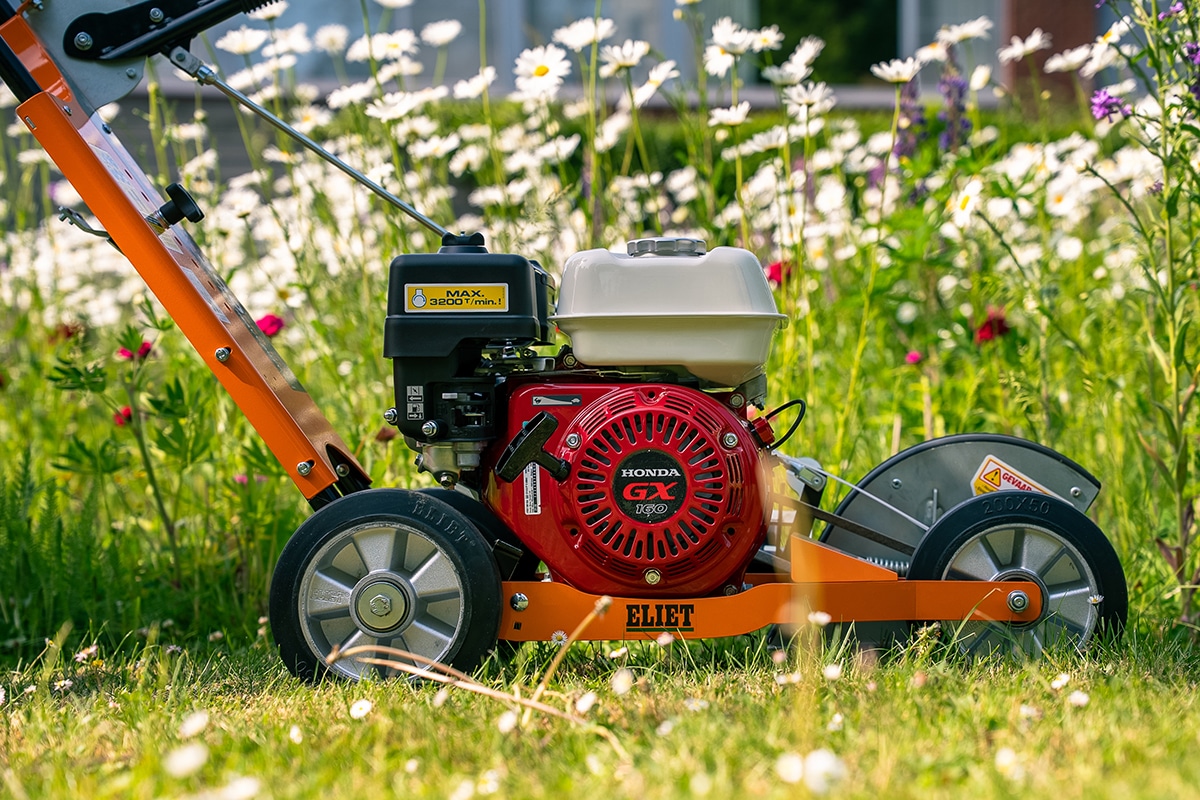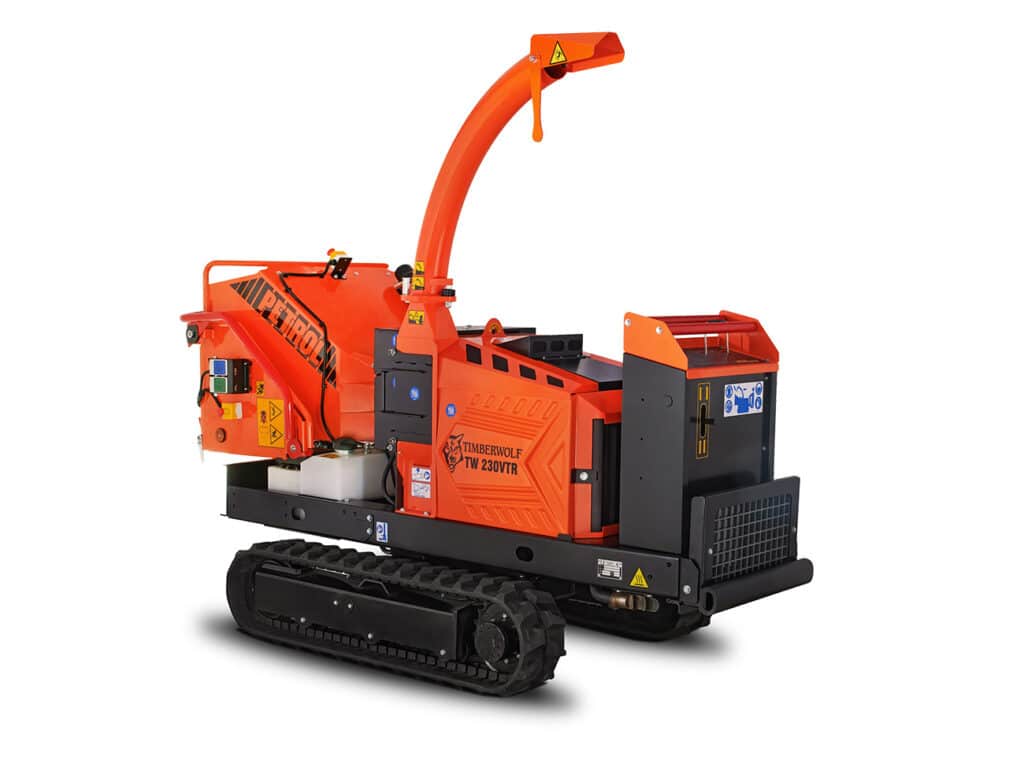
Stricter emission standards for diesel engines on the way
In the fight for a cleaner environment, Europe is fully committed to greening engines. With the new EU Stage V emissions requirements, the intention was to provide a phase-out period from June 2020 for diesel engines between 25 and 50 hp. But the corona crisis literally threw a spanner in the works. The stricter standards will take effect from Jan. 1, 2022, with polluting engines no longer allowed to be sold. Frank Thomas, co-manager of Thomas bvba, explains the impact on agricultural machinery, wood chippers and professional lawn mowers.
The company Thomas bvba is a well-known name in Flemish Brabant for the supply of agricultural machinery. With the ambition to diversify, the company is also active in the garden and park sector throughout Belgium and Luxembourg. The clientele is diverse: of course farmers are an important target group, but also for example municipalities, garden contractors and people responsible for sports centers and golf courses find at Thomas bvba a wide choice of tractors, mowers and other machines.
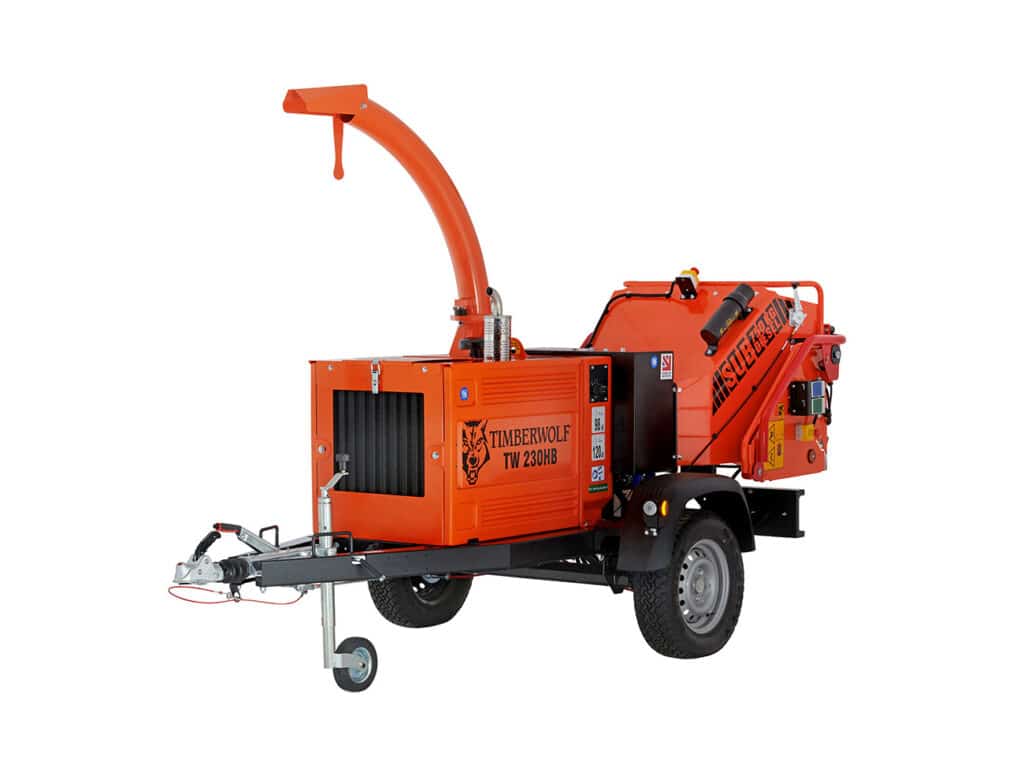
Rising demand for environmentally friendly (maintenance) machines
Over the past few years, Frank Thomas has seen an increasing demand from clients for environmentally friendly machines, with or without a hybrid engine. According to him, this is no coincidence. "From Europe, the rules in terms of emission standards are getting stricter. Due to an EU regulation that imposes stricter requirements on polluting diesel engines between 25 and 50 hp, more and more suppliers and end customers are becoming aware of a change that needs to be made. The so-called EU Stage V emissions standard creates by all means a new, exciting playing field for the future."
New features in diesel engines
"For diesel engines over 50 hp, there was already a more stringent emissions standard. The new regulations for lighter engines - which are very widely used in garden and park machinery - had been known to suppliers for some time. This allowed them to add other novelties to their machinery. It is notable, for example, that engines are becoming increasingly economical, yet remain at least as powerful. More power can be obtained from a liter of fuel. This is possible, among other things, thanks to electronic control of the fuel pump (read: higher injection pressure). However, this requires the use of pure diesel fuel. Through this control, manufacturers can also integrate other features in terms of comfort and efficiency into their machines. For example, through a hydrostatic transmission, you can make the driving pedal communicate better with the engine."
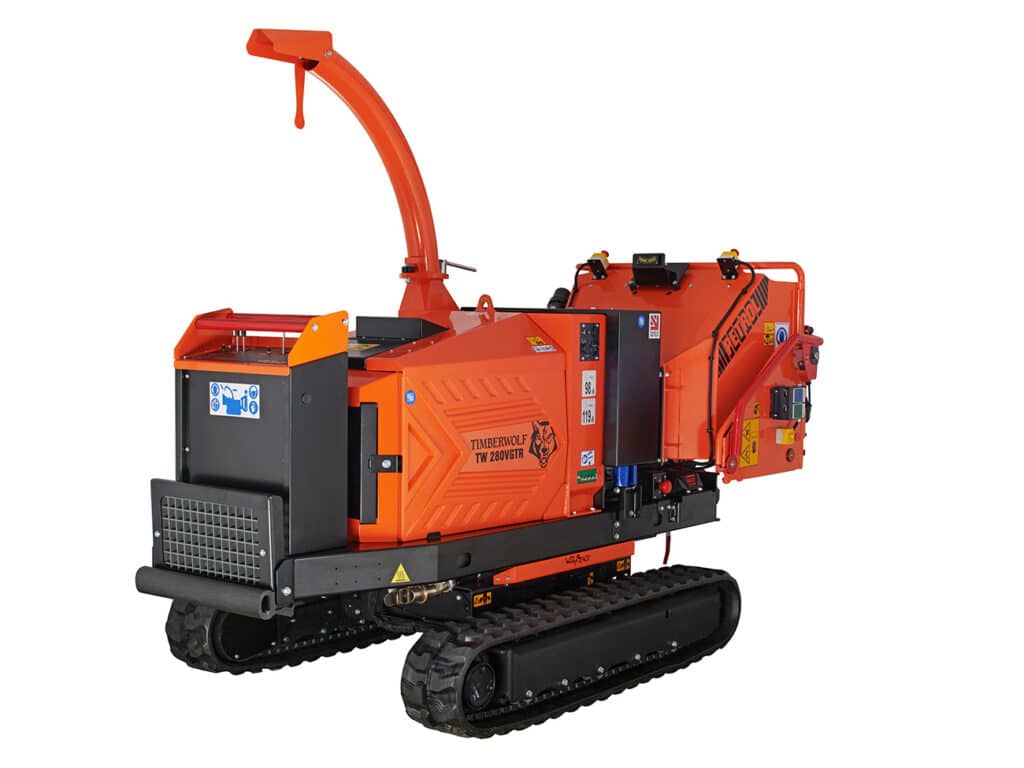
Gasoline engine as an interesting alternative
Frank Thomas sees the gasoline engine as an interesting alternative to the diesel variant. "With our wood chippers, we see that engines of less than 25 hp can be surprisingly powerful. Using a gasoline engine offers interesting advantages over a diesel engine anyway. I am thinking of lower emissions, less noise (and thus more comfort for the user), lighter engine construction - in aluminum instead of a cast iron block with a diesel engine - and a lighter chassis, which in turn causes less vibration and less ground pressure. By the way, we owe the development of high-performance gasoline engines to American manufacturers, because surprisingly low emission standards apply to agricultural machinery in certain states."
